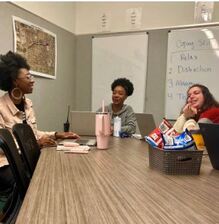
At the core of our strategy is the School-Wide Information System (SWIS), a web-based platform where behavior and discipline referrals are logged and analyzed. This system enables us to efficiently gather and dissect data, providing insights into who, what, where, when, and why behaviors are occurring. Armed with this information, we can develop targeted interventions to proactively address issues and minimize the time spent reacting to behavior incidents.
To start, Sanita McNeally, our dedicated Behavior Support Specialist, delves into the behavior data to identify specific problem areas. With a clear problem statement in hand, our Coordination of Services Team, under the guidance of our Unconditional Education Coach, Asha Weber, formulates Specific, Measurable, Attainable, Relevant, and Time-Bound (SMART) goals. These goals serve as the foundation for our intervention plans, which focus on prevention, teaching, recognition, and correction of behavior.
In one recent case, our team analyzed data from November and targeted physical aggression incidents occurring on the playground within a specific grade level. Our goal was ambitious: to reduce these incidents by 50%. We devised a multi-faceted approach, including adjusting yard supervision protocols, partnering with an agency to add additional supervisors at hot spots on the yard, implementing targeted social skills lessons, and providing conflict resolution training for staff.
To reinforce positive behavior, we utilized a rewards system using Positive Behavior Interventions and Supports (PBIS) points, along with whole-class incentives for exemplary behavior. For students still struggling with aggression, we offered problem-solving conferences and specialized lessons in soccer rules, led by Sanita and our Student Support Specialist, Katryna Soto.
The success of our intervention was truly a team effort, requiring careful planning and collaboration from all stakeholders. When we reconvened in February to review the data from the past eight weeks, we were thrilled to see a staggering 78.5% reduction in aggressive behavior incidents on the playground by the identified grade level. This achievement not only validates the effectiveness of our approach but also underscores the importance of ongoing data analysis in driving continuous improvement.
Armed with this newfound success, our team is already looking ahead, using fresh data to identify our next goal and tailor our interventions accordingly. By harnessing the power of data and collaboration, we're creating a safer, more supportive learning environment for all students at Verde Elementary School. Together, we're making a difference—one data-driven intervention at a time.



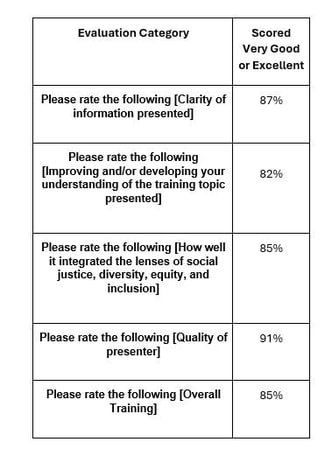
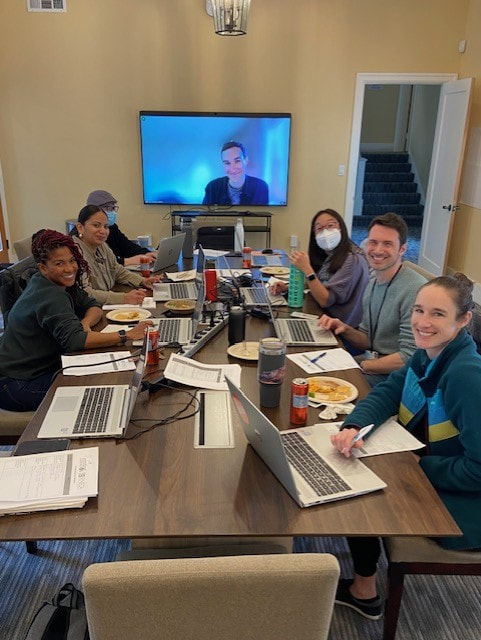
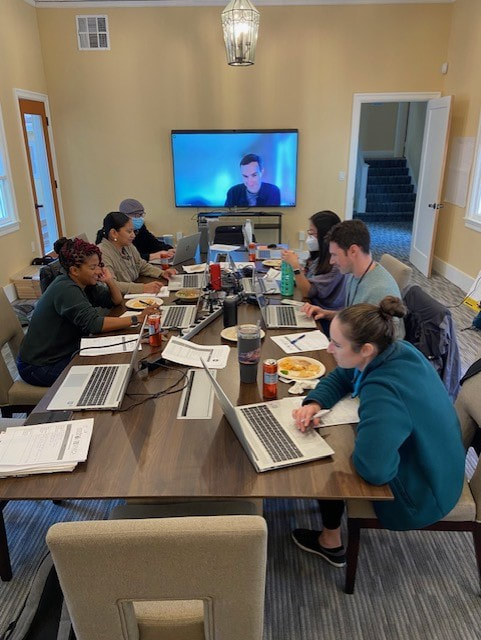





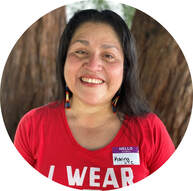
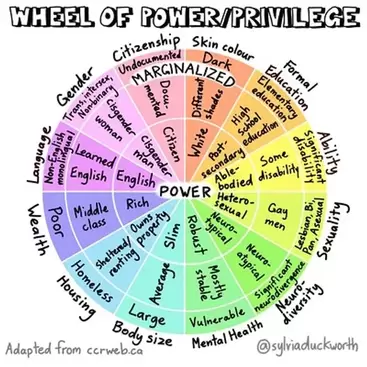




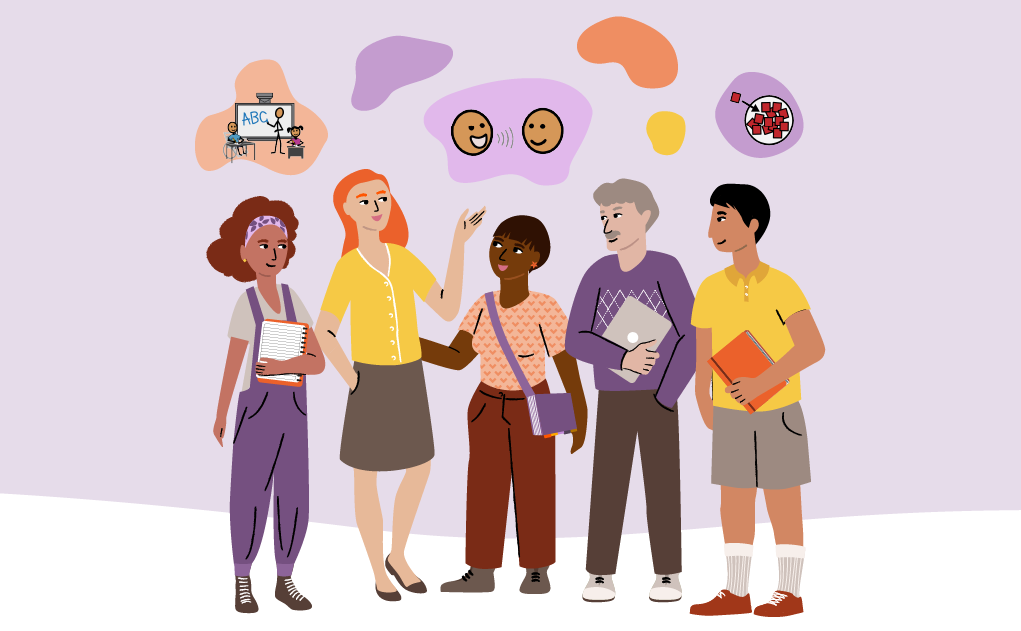



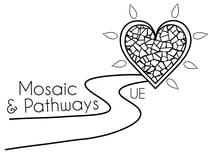
 RSS Feed
RSS Feed